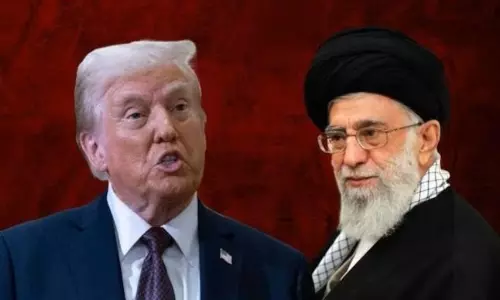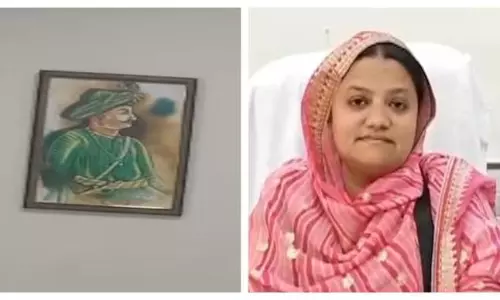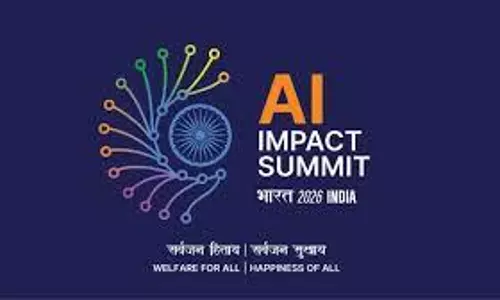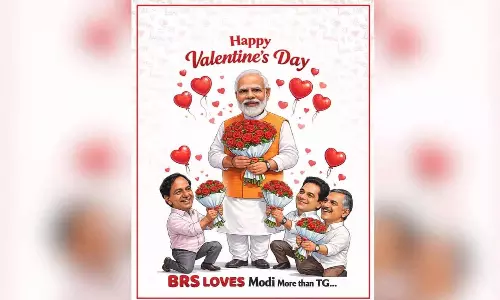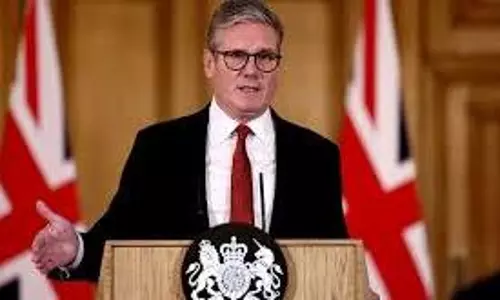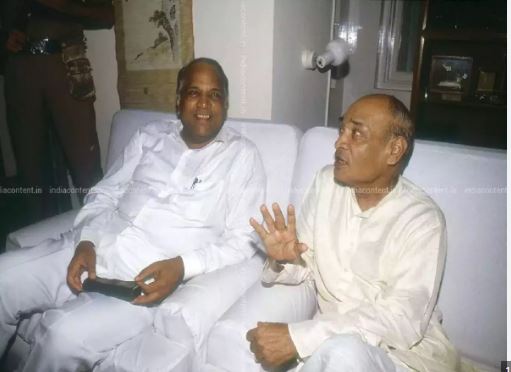
‘Narasimha Rao might have seen Babri Masjid a ‘festering sore’ to be removed’
text_fieldsNew Delhi: The then Prime Minister P V Narasimha Rao chose to rely on assurances from the BJP despite the advice from a panel of ministers of his government in regard to the safety of Babri Masjid, said Nationalist Congress Party (NCP) leader Sharad Pawar who shed light on the events leading up to the demolition of the historical mosque in 1992.
The NCP supremo was speaking at a panel discussion in Delhi after launching The Indian Express Contributing Editor Neerja Chowdhury’s new book How Prime Ministers Decide.
During the discussion, Pawar recounted that a meeting was convened with senior leaders from various political parties, including Vijaya Raje Scindia of the BJP, who expressed confidence in protecting the Babri Masjid and advised against extreme actions.
However, Pawar indicated that Rao opted to heed the advice of BJP leaders, a decision that ultimately led to the demolition of the mosque.
Chowdhury's newly released book, "How Prime Ministers Decide," delves into key decisions made by six Indian Prime Ministers. Although the book does not delve into Narendra Modi's tenure, it has sparked conversations about the decisions made by past leaders.
Chowdhury, speaking at the panel discussion, highlighted Rao's dilemma and suggested that while there is no evidence of collusion between Rao and the BJP, he may have allowed the demolition to address a "festering sore" within the Indian political landscape.
Chowdhury tacitly suggested that, like the BJP, Narasimha Rao also saw the Babri Masjid as a 'festering sore' that needed to be removed from the Indian political arena, thereby aiming to thwart the advancement of the BJP by allowing the historical mosque to be reduced to dust at the hands of saffron groups.
In a broader analysis of other Prime Ministers, the panellists discussed the strengths and weaknesses of their leadership. Former Chief Minister of Maharashtra and Congress leader, Prithviraj Chavan, pointed out that corruption scandals played a significant role in the downfall of the UPA-II government during Manmohan Singh's tenure.
Chavan also noted that Singh faced challenges in controlling his government, especially during his second term.
Former Railways Minister and BJP leader Dinesh Trivedi offered insights into Singh's personality, describing a moment when Singh was brought to tears over political pressures.
While Singh's leadership was debated, Congress MP Shashi Tharoor highlighted Singh's ability to make tough decisions, such as the Indo-US nuclear deal, despite differing viewpoints. Tharoor emphasized that Singh's role as head of government was distinct from Sonia Gandhi's role as the leader of the party.
The panellists also shared their personal views on current Prime Minister Narendra Modi. Trivedi praised Modi's commitment to the country while expressing his personal fondness for former Prime Minister Atal Bihari Vajpayee.




